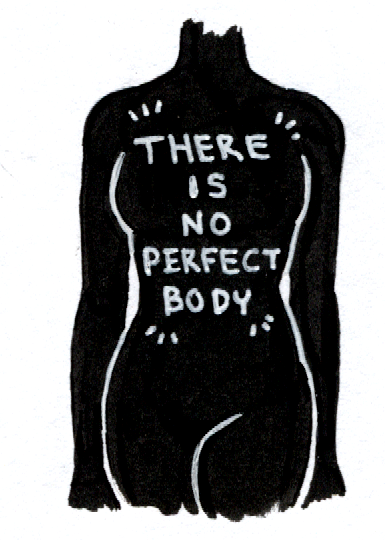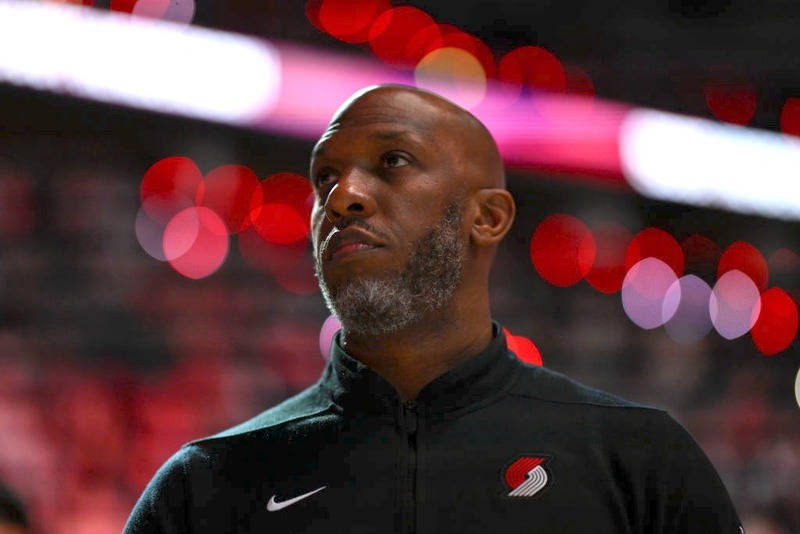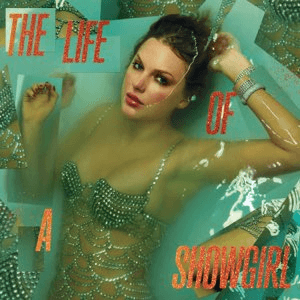Modern Feminism: The Healthy Body

May 10, 2018
The healthy body is something many people have a misconceived definition of. A healthy body can be any shape or size.
This does not mean you have to drink green tea in order to “keep the weight off.” It means drinking lots of water in order to stay hydrated, which is important because water is essential when carrying nutrients and oxygen to cells. It also doesn’t include going on a strange diet that does not sustain your body’s needs just because your favorite Instagram health guru says it will help you get the body “you always wanted.” These diets want you to cut out foods such as butter and meats, in order to avoid what some call unnecessary fat. This is incorrect. In order for all your body’s cells to be healthy, their membranes have to be made out of 50 percent saturated fat, and in some cells, like ones in the lungs, have to 100 percent made of saturated fat. So these culturally perceived unhealthy foods are actually essential in order to keep a healthy body.
However, in this day and age it can be hard to make sure your body stays necessarily healthy. Modern day society has engraved an idea of what people should look like. It surrounds us everyday in social media, ads, and magazines. Before the movement of body acceptance, it seemed every musician, model, and media personality looked exactly the same. We have come far when it comes to body positivity for every person, but we are still not where we need to be.
Well known models who are easily recognized include Cara Delevingne, Kendall Jenner, and Gigi Hadid. While very positively influential women, they’re all porcelain skinned with desired hourglass figures. Plus-sized models are slowly making their way into popular media, but even they do not represent most of what the general population actually looks like. Take Ashley Graham for example. She is a size 16 model who is considered plus size. Graham has appeared on the cover of popular magazines such as Vogue, Harper’s Bazaar, Glamour, and Elle. People like her are such a positive influence on media today, but she still does not represent so many people in the general population.
A popular brand called Victoria Secret put out a body positivity ad that they labeled “Perfect Body.” It included 10 girls who were all the same body shape. The caption was “a body for every body.” These body discriminatory ads promote eating disorders such as binging, purging, and anorexia as viewers try to emulate the models.
These eating disorders are so unhealthy, and compounding the problem is the fact that there is a strong stigma surrounding it that no one talks about it, which prevents the healing process not only in individual people but in the whole culture. However, there is a social media platform that is trying to help though #anorexia tag. On Instagram when you search anorexia, a notification pops up that says, “Can we help? Posts with words or tags you’re searching for often encourage behavior that can cause harm and even lead to death. If you’re going through something difficult, we’d like to help.” You then have the option to get support, see posts anyway, or cancel. This is unexpected. The stigma still exists that if you are going through body shame you can’t talk about it, but if a popular social media platform is starting to promote the discussion, who knows what can happen next.













